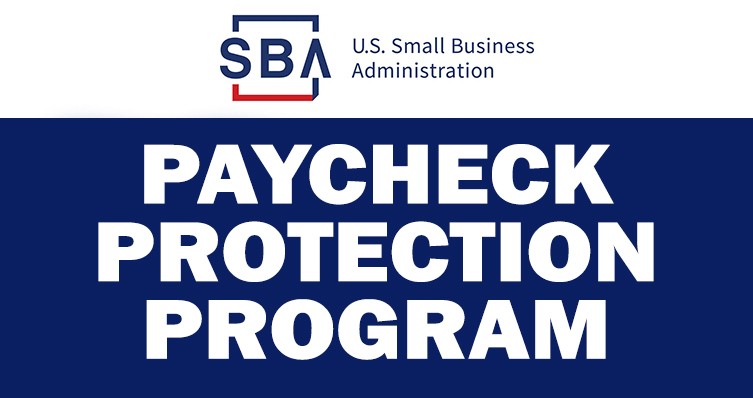
An interim final rule issued by the U.S. Small Business Administration and Treasury Department helps clarify Paycheck Protection Program (PPP) forgiveness issues related to owner-employee compensation and the eligibility of nonpayroll costs.
Most notably, the rule specifies that owner-employees with less than a 5% stake in a C or S corporation are exempted from the PPP owner-employee compensation for determining the amount of their compensation for loan forgiveness. The exemption is intended to cover owner-employees who lack the ability to influence decisions over how loan proceeds are allocated.
The latest guidance also outlines decisions that the SBA and Treasury said are designed to maintain equitable treatment between a business owner that holds property in a separate entity and one that holds the property in the same entity as its business operations.
The SBA and Treasury declare that the amount of loan forgiveness requested for nonpayroll costs may not include any amount attributable to the business operation of a tenant or subtenant of the PPP borrower. The guidance described four scenarios.
Scenario 1: A borrower rents an office building for $10,000 per month and subleases out a portion of the space to other businesses for $2,500 per month. Only $7,500 per month is eligible for loan forgiveness.
Scenario 2: A borrower has a mortgage on an office building it operates out of, and it leases out a portion of the space to other businesses. The portion of mortgage interest that is eligible for loan forgiveness is limited to the percent share of the fair market value (FMV) of the space that is not leased out to other businesses. As an illustration, if the leased space represents 25% of the FMV of the office building, then the borrower may only claim forgiveness on 75% of the mortgage interest.
Scenario 3: A borrower shares a rented space with another business. When determining the amount that is eligible for loan forgiveness, the borrower must prorate rent and utility payments in the same manner as on the borrower’s 2019 tax filings, or if a new business, the borrower’s expected 2020 tax filings.
Scenario 4: A borrower works out of his or her home. When determining the amount of nonpayroll costs that are eligible for loan forgiveness, the borrower may include only the share of covered expenses that were deductible on the borrower’s 2019 tax filings, or if a new business, the borrower’s expected 2020 tax filings.
Additionally, the guidance specifies that rent or lease payments to a related party are eligible for loan forgiveness provided that:
- the amount of loan forgiveness requested for those payments is no more than the amount of mortgage interest owed on the property during the covered period that is attributable to the space being rented by the business, and
- the lease and the mortgage were entered into prior to Feb. 15, 2020
Mortgage interest payments to a related party are not eligible for forgiveness.
PPP issues can be complex and continue to evolve. If you have questions about how the rules can affect your business, reach out to a KraftCPAs advisor.
© 2020
KraftCPAs can help.
Call us at 615-242-7351 or complete the form below to connect with an advisor.